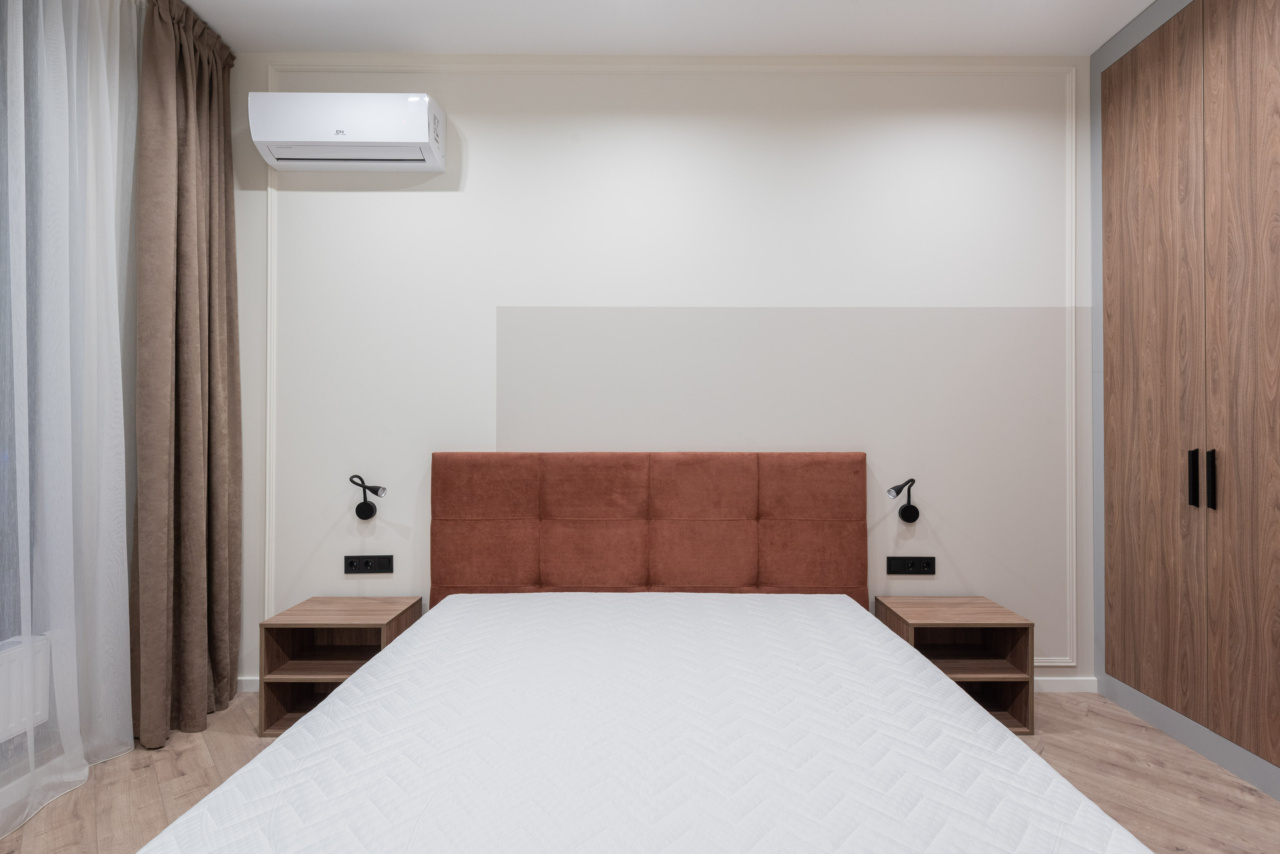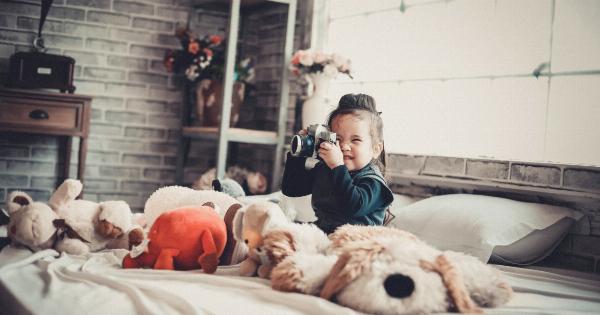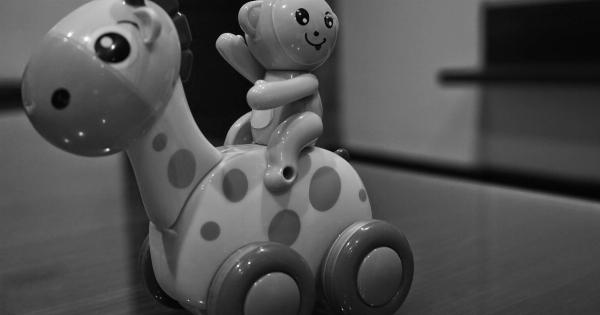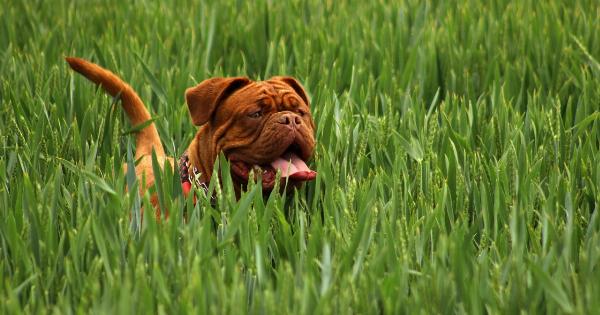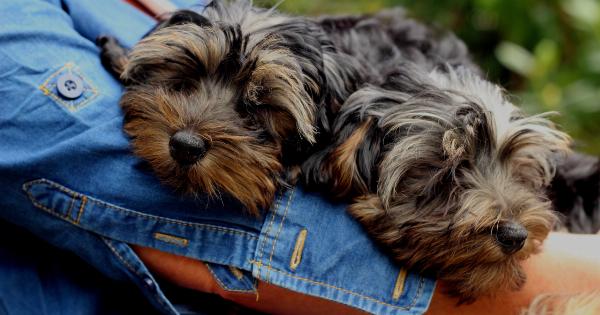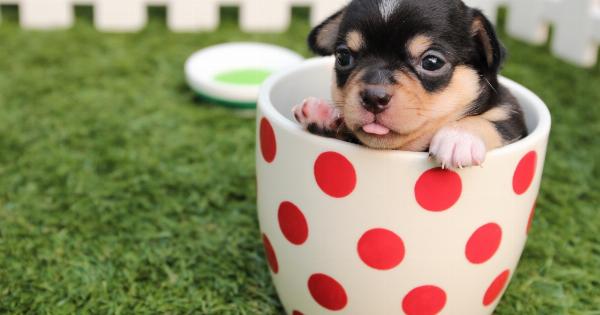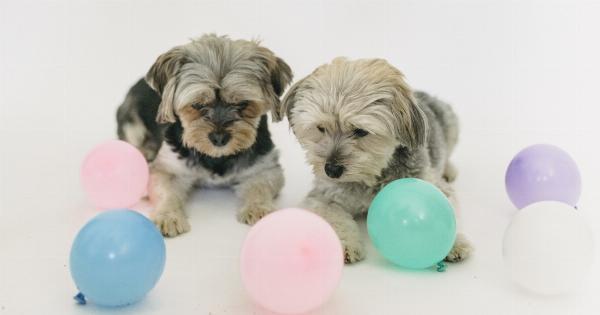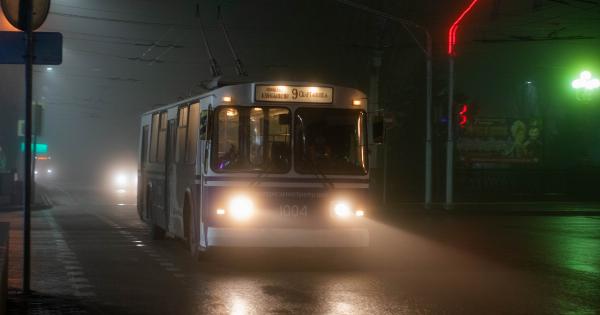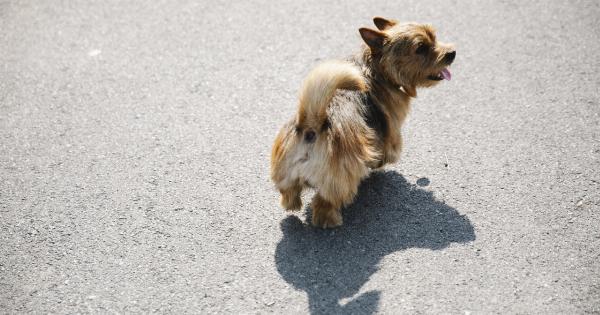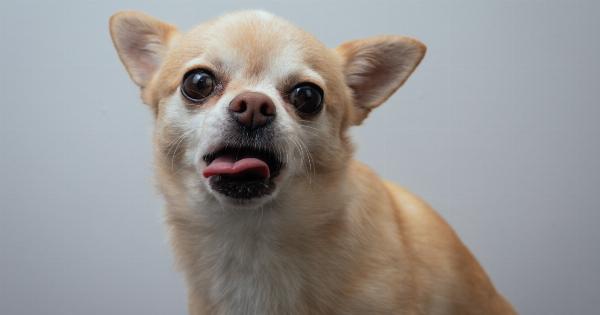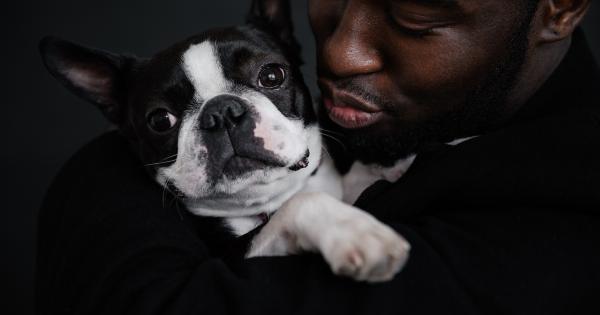Small dogs may seem like an easy option for those who live in small apartments, have less space in their yards or simply don’t want a larger dog breed. However, owning a small dog comes with its own set of challenges and responsibilities.
Here are some important considerations for small dog owners:.
1. Training
Small dogs can be just as stubborn as larger breeds, so early and consistent training is critical. It’s also important to be patient, as small dogs can take longer to learn commands and may have a harder time retaining information.
Positive reinforcement methods are ideal for small dog training, as harsh methods can lead to fear and anxiety in tiny pups.
2. Exercise
While smaller dogs may need less exercise than their larger counterparts, they still require daily walks and playtime to stay healthy and mentally stimulated.
Small dogs can tire more quickly, so it’s important to keep exercise sessions short and engaging. Playtime in the backyard or a nearby park can also provide an opportunity for off-leash exercise and socialization with other dogs and people.
3. Health Concerns
Small dogs are prone to a variety of health concerns that may not be as common in larger breeds. Dental problems, hypoglycemia, and tracheal collapse are just a few examples of health issues that small dog owners need to be aware of.
Regular vet check-ups, a healthy diet, and proper grooming can help prevent or manage these and other health concerns.
4. Socialization
Small dogs can easily become fearful or overwhelmed in social situations, so proper socialization is crucial. Socialization should begin as early as possible, exposing your pup to a variety of people, animals, and environments.
Puppy socialization classes can be a great way to introduce your small dog to new experiences in a controlled environment.
5. Grooming
Many small dog breeds have a long coat that requires regular grooming to avoid matting and tangles. Grooming can also help keep your pup’s coat healthy and shiny, and may include brushing, bathing, trimming nails, and cleaning ears.
Professional grooming services are widely available, but regular at-home grooming is important for maintaining your small dog’s overall health and appearance.
6. Patience and Understanding
Small dogs may have big personalities, and it’s important to be patient and understanding of their quirks and needs.
Small dogs can be more prone to separation anxiety, barking, and other behavior concerns, so it’s important to provide a safe and secure environment for your pup to thrive. Positive reinforcement training and plenty of love and attention can help build a strong bond and help your small dog become a well-adjusted member of your family.
7. Travel
Small dogs may be easier to travel with than larger breeds, but it’s important to plan ahead and prepare for any potential challenges. If traveling by car, make sure your pup is properly restrained in a carrier or harness.
If flying, check with your airline for specific requirements and restrictions for traveling with small dogs. It’s also important to bring along any necessary medications or health records, and to pack plenty of food, water, and treats for your furry travel companion.
8. Nutrition
Small dogs have unique nutritional needs, and it’s important to feed them a high-quality diet that’s appropriate for their size and activity level.
Look for a food that’s rich in protein and free from additives and fillers that can be hard for small dogs to digest. It’s also important to carefully monitor your pup’s weight and adjust their feeding schedule and portion sizes accordingly.
9. Safety
Small dogs can be more vulnerable to injury or harm, so it’s important to take extra precautions to keep them safe at all times.
This may include keeping your pup on a leash during walks, keeping toxic foods and substances out of reach, and providing a safe and secure living environment. It’s also important to keep a close eye on your small dog at all times, especially during exercise or playtime.
10. Love and Attention
Perhaps the most important responsibility of all when owning a small dog is to provide plenty of love and attention.
Small dogs often have big personalities and are fiercely loyal to their owners, making them the perfect companion for those who are looking for a devoted and loving pet. Regular playtime, snuggles, and affirmation can help build a strong bond and ensure your small dog feels happy, healthy, and loved.
